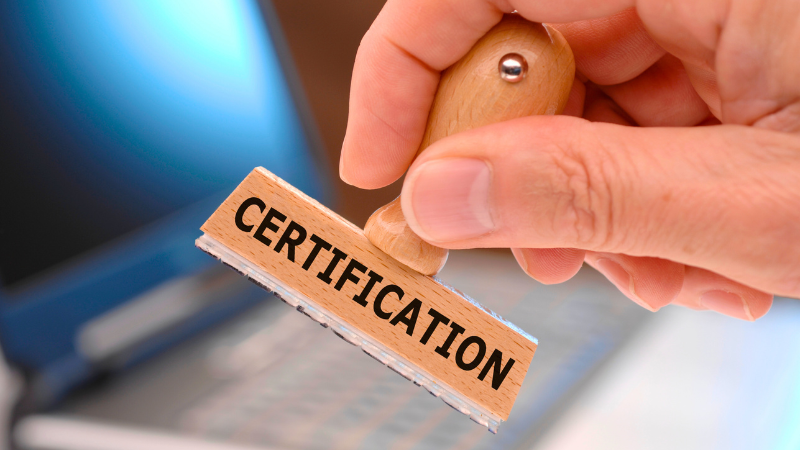
Reputation is no longer a sufficient element to build trust in the current fashion and textile industry. Credibility is not claimed anymore; it is proved. And nowadays, that demonstration is frequently in the form of certification, the physical evidence that words themselves cannot give. Customers are demanding documentation before any discussions, which is a more sophisticated, data-driven concept of sustainability in international markets.
According to industry analysts, the new standards of reliability have turned out to certifications like OEKO-TEX ®, GRS, RCS, GOTS and BCI. Similarly to how Microsoft certifications are a sign of technical competence and procedural rigor, textile certifications are a sign of manufacturing and materials. They confirm that the claims of quality and responsibility are credible and not proclaimed.
Why Certifications Matter

Certifications help in closing the gap between the sustainability goals and accountability. In the manufacturing of textiles, when the supply chains are spread across continents and multiple levels of suppliers are involved, even a simple negligence may cause significant inconsistencies. One lost record can cloud the history of the way a fabric was created or processed.
A technical manager of one of the dyeing plants in India described that certification is a system that assists in keeping everyone in check. Without it, we ourselves are merely hoping that each of us will do his or her bit, he concluded.
Such a degree of conformity is not exclusive to fashion. In Data Analytics Solution, the tools such as Power BI and data factory pipelines are used to make sure that there is consistency across complex systems. Textile certifications have the same purpose. They provide traceability to the products and this makes buyers and consumers trust the products they are purchasing.
Certifications Build Confidence

Trust is the foundation of every long term business relationship. When a brand purchases a fabric via a certified seller, it does not purchase a product, it invests in quality, safety, and ethical values, which are tested. The same applies in technology, whereby firms use Microsoft certified professionals to ensure secure and reliable systems.
A product development manager of a multinational clothing company observed that new certification has minimized conflicts and time wastage. “It creates clarity. The standards are as well known to everyone, she explained. A certified textile in most aspects is similar to a properly structured data warehouse, transparent, organized and verifiable at all levels with real time intelligence.
Defending Against Greenwashing
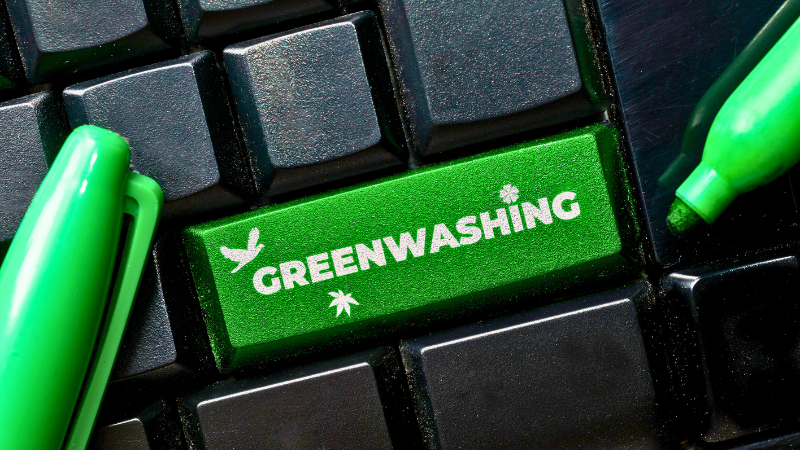
With the emergence of sustainability, the abuse of sustainability is also on the rise. Greenwashing, overstating, or inventing environmental statements has turned out to be one of the biggest challenges in fashion.
Certifications such as the GRS, RCS, and OEKO-TEX are used as protection against this concern. Claims are verified by auditing, testing and documentation. In a nutshell, one compliance officer explained that a certification is the distinction between a statement and a fact. You cannot simply declare being sustainable. You have to prove it with all the skills measured.
This reasoning is similar to data verification and business requirements. Kusto Query Language (KQL) is a tool that data professionals apply in the field of managing analytical assets and making sure everything is accurate. Audits and traceability also do the same thing in textiles, ensuring that every step, from raw fiber beta exam till the final product, is up to standards.
Raising Standards Across the Industry
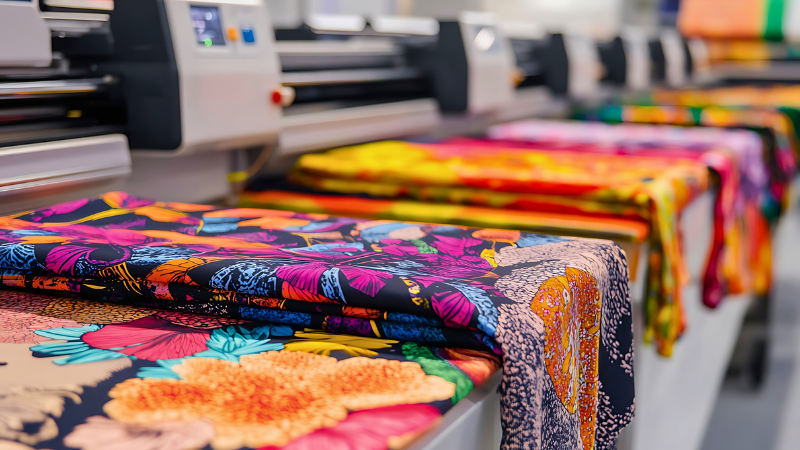
Every certification brings about quantifiable enhancement. In order to qualify, manufacturers are required to install chemical management, labor control, and environmental control systems that are in line with set standards. These requirements slowly increase the standards in the industry through the implementation of cleaner production processes and enhancing traceability.
According to the sustainability auditors, certification has the ability to transform the internal operation of a company by facilitating systematic planning, employee education, and investment in effective technologies. The same effect can be observed in the technology field, where employees with Microsoft Learn degrees like DP-600 and DP-700 enhance their technical expertise and their ability to organize projects and build semantic models.
The Most Recognized Fabric Certifications
All the textile certifications are regional, i.e, worker welfare or chemical safety, but all the certifications are directed towards the larger goal of accountability and transparency.
OEKO-TEX® Standard 100
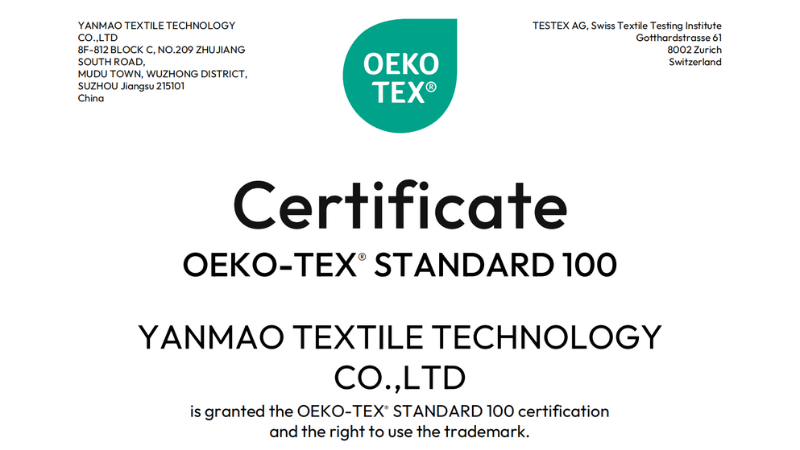
OEKO-TEX Standard 100 is applied to certify the textiles that contain no more than the permitted quantity of over one hundred harmful elements like pesticides, formaldehyde and heavy metals. It is widely used in baby clothing, lingerie and home fabrics where the safety of products and the sensitivity of skin, along with additional information, are the primary concerns.
OEKO-TEX network Testing Laboratories test everything contained in a product, such as blended fabrics and threads, buttons and coatings, and only then is a product certified. In the case of manufacturers and brands, it can be seen as a Microsoft Certified qualification in the sense of reliability and compliance that is sanctioned by global consumers.
Global Recycled Standard (GRS)
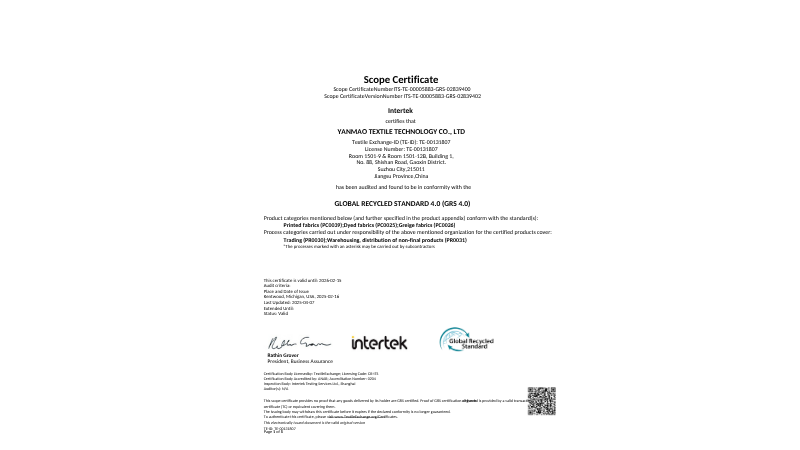
Textile Exchange has created the Global Recycled Standard (GRS), which goes beyond checking the content of recycled materials. It analyses the environmental management, application of chemicals, and social responsibility across the supply chain.
A sustainability consultant who has dealt with suppliers in Vietnam explained it by saying that GRS is not a label. It’s a supply chain audit. All the transactions, factories, and records are followed. It can be compared to a data factory pipeline where every course is checked to make sure that the end product is highly sustainable.
Recycled Claim Standard (RCS)
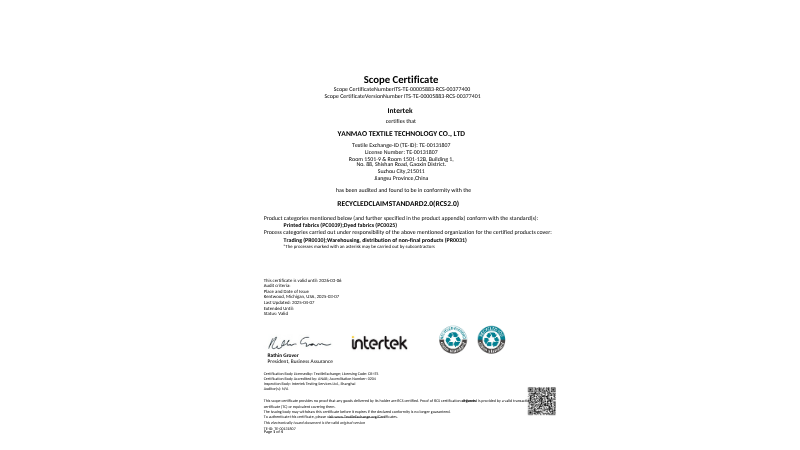
Recycled Claim Standard (RCS) is a simple yet effective system for the verification of recycled materials. It creates the precise percentage of product materials that have been recycled and gives clear and verifiable knowledge assertions.
In product categories that are fast moving, RCS provides efficiency and does not affect accuracy. It is like performing a targeted data query in a data warehouse and the information that is returned is exactly what is needed to comply.
Global Organic Textile Standard (GOTS)

Global Organic Textile Standard (GOTS) is generally considered to be the standard of organic textiles. It is self-sufficient and deals with the entire process, including cultivation and finishing, whereby products must have at least 70% certified organic fibers.
GOTS certified brands have total control over their production systems. Not that simple, said one of the operations directors at an Indian spinning mill. We were forced to re-examine all the water use, dye formula, and even the safety of the workers. But it made our product and our name better. GOTS is similar to the Microsoft Fabric certification, which implements and manages end-to-end systems.
BCI

The Better Cotton Initiative (BCI) promotes a more environmentally friendly cotton production through the minimization of pesticide usage, water conservation and improvement of soil health. Its scalable structure enables the large retailers to embrace improved practices without disrupting supply chains.
Analysts tend to relate the role of BCI in agriculture to SQL in data management, basic, practical and commonly used. This is not the most stringent certification, but it has transformed the world’s cotton farming standards.
Forest Stewardship Council (FSC®)
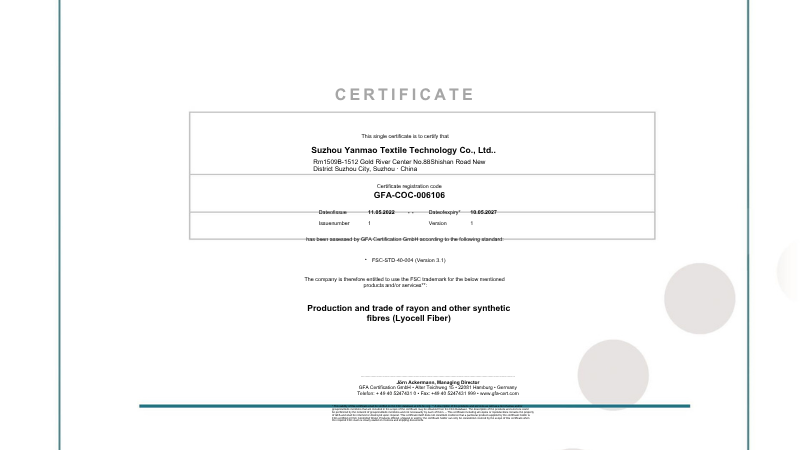
FSC certificate can be applied to textiles manufactured with wood-based fibers such as viscose, modal and lyocell. It confirms that forests are well managed and this protects the ecosystems and is of benefit to the locals.
FSC provides a verifiable source to the fabric analytics engineer associate and supply chain managers. It was defined as a chain of trust that begins with the forest by a sourcing specialist. Similar to a data warehouse, it uses proven inputs to guarantee integrity in the final output.
Bluesign®
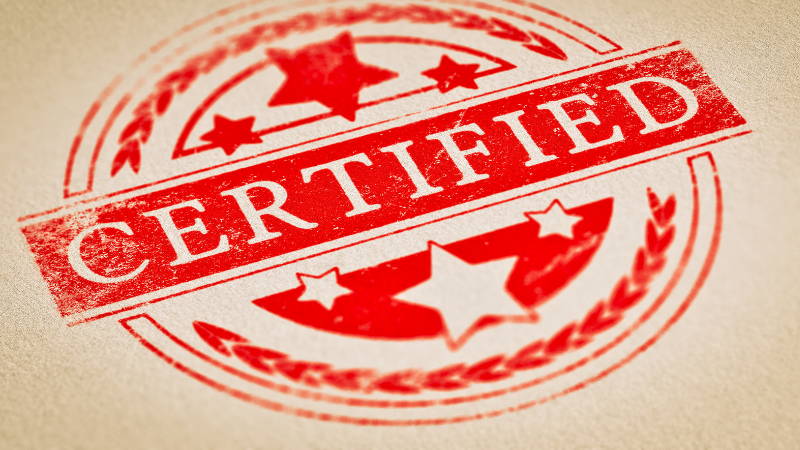
The Bluesign certification is a review of the chemical input and manufacturing processes to guarantee safety and resource efficiency. It assesses water, dye and energy consumption during textile manufacturing.
One of the technical heads at a Swiss finishing plant observed that audits revealed how the consumption of water could be cut by almost 30%. It is like a feedback system that is running, he said. Bluesign is comparable to Power BI regarding sustainability because it tracks performance, transforms data and determines areas that require improvement.
WRAP
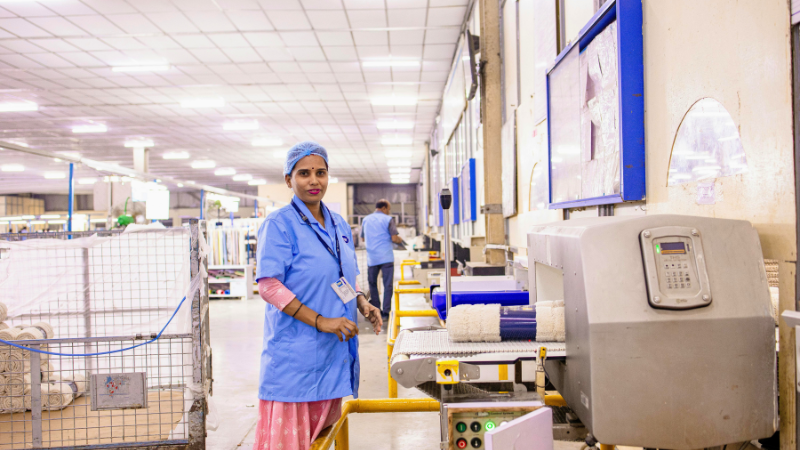
World Responsible Accredited Production (WRAP) certification governs ethical manufacturing, which involves equitable wages, wholesome working conditions and legal labor in the manufacturing plants worldwide. When you load data, it guarantees fair wages, healthy working environments, and legal labor practices in factories throughout the world.
WRAP is an operational ethics framework applied by many global apparel brands, just as compliance protocols are applied in data engineering solutions. One compliance director noted, “Without fair work, you can not establish a sustainable business. WRAP offers structure, documentation and accountability among the production networks in all the aspects.
ISO standards
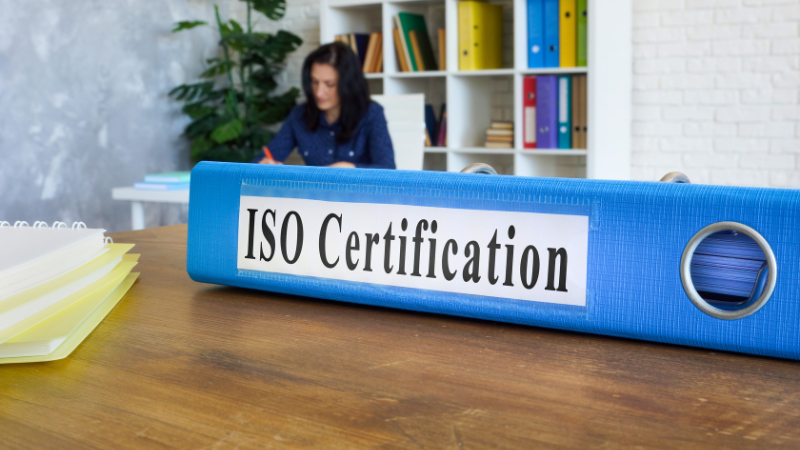
The ISO 9001 and ISO 14001 are still the most popular international quality and environmental management standards. The ISO 9001 outlines the quality control systems and the ISO 14001 is concerned with the environmental performance.
The manufacturers perceive the ISO certification as an indicator of operational stability and integrity of the processes. It is the direct comparison to Microsoft certifications, which verifies the ability and stable compliance with the established standards.
The Digital Future of Fabric Certification
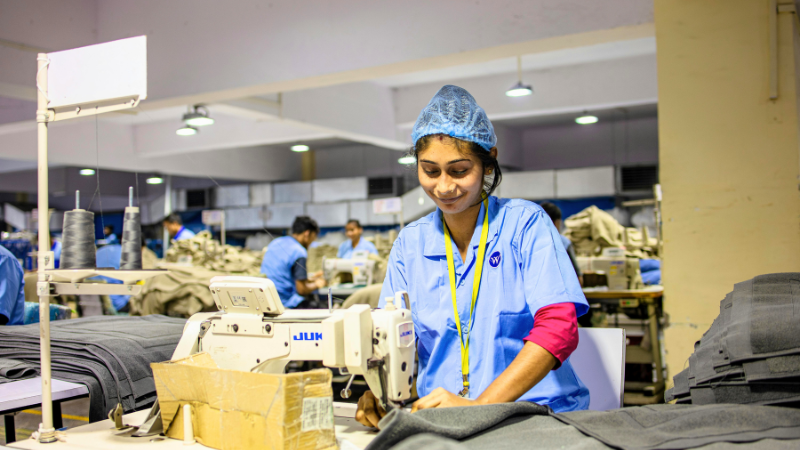
By 2030, the European Union will introduce Digital Product Passports (DPPs) on clothes that will include QR codes with the required information on sourcing, production, and recycling. DPPs, in the view of the analysts, will manage semantic models in the data warehouses that will convert sustainability data into accessible and structured information. The consumers will be in a position to scan a label on a garment to check certifications such as GOTS, GRS, or OEKO-TEX and information on a verified supply chain.
The second stage of certification will focus on:
- Transparency based on data: Real-time visibility through integration with systems that analyze data and global systems.
- Mandatory Digital Product Passports (DPPs): Scannable tags are associated with the checked sourcing and recycling information.
- Instant verification: Mobile scanning of instant claim validation.
- Analytics integration: Real-time compliance monitoring as Kusto Query Language operations.
Conclusion
Reliability in textiles and technology is determined by certification. OEKO-TEX ®, GOTS, GRS, RCS, BCI, FSC 2, Bluesign, WRAP, and ISO are standards that prove that materials are safe, sustainable, and ethically manufactured. The Microsoft certifications in the technology sector provide the same evidence of competence in data analysis, system management, and engineering precision.
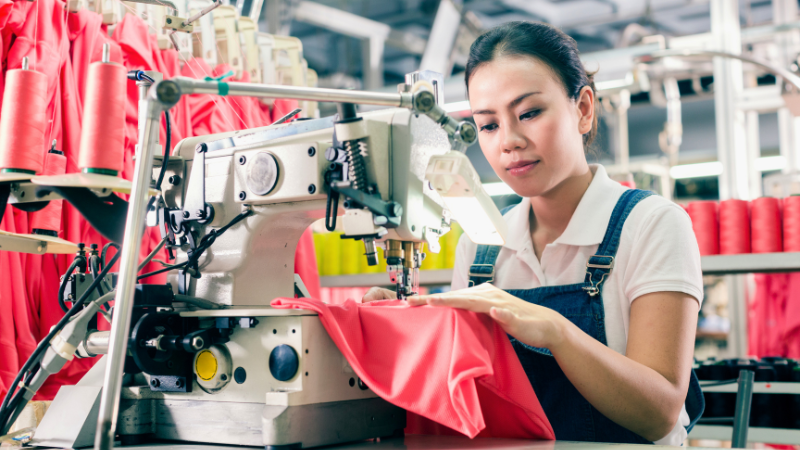
The sustainability officer has put the impact in a nutshell: Certification does not substitute creativity. It protects it.” Certification will turn the will into actualized action and vision into actualized outcome, whether it is in the manufacture of fabric or data systems.





